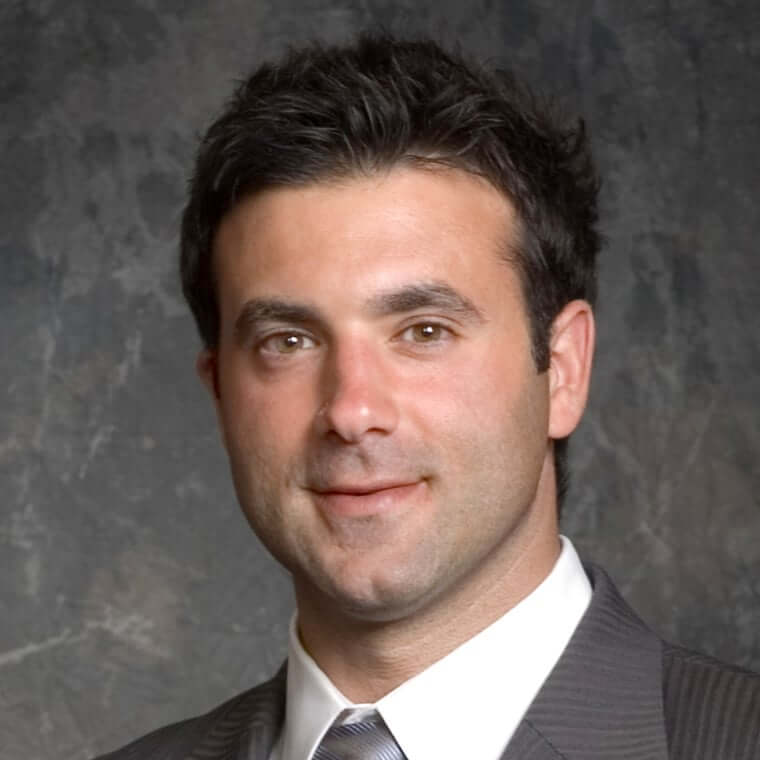A physical therapist works on relieving pain, restoring function and mobility, and promoting healing. Many active people consult physical therapists for pains and aches. Still, you can consult a therapist for a wide range of concerns, including cancer recovery, respiratory problems, neurological disorders, and problems with mobility. Even if you have not been injured, the specialist can help you prevent illness or injury.
In summary, physical therapists restore and protect the body's ability to move and function efficiently. The guide below will identify the right time to see a physical therapist.
1. Injury and Trauma
Some injuries may not be fatal, but they can affect your mobility and complicate normal activities. For example, an injured shoulder or a sprained ankle can make simple tasks like walking and driving difficult. In such cases, you will need a physical therapist to restore body function, relieve pain, and improve endurance. These injuries include:
Car accident injuries range from minor to terminal, including cuts, internal trauma, and neck injuries. Your physical therapist will focus on repairing the injured muscles and tissues. Over time, your muscles will regain strength and enable you to resume normal activities.
Slips and falls commonly cause sprains, broken bones, herniated discs, and broken hips. Slips and trips can happen at home or work and leave you with pain and stiffness. Your physical therapist's priority will be to hasten your recovery so you can resume your everyday life.
2. After Surgery
Physical therapy is often included in post-op recovery thanks to benefits like improved flexibility and strength. It also enhances blood circulation, which alleviates inflammation and promotes healing.
Surgeries include rotator cuff repairs, disc replacements, back surgery, hip surgery, knee replacement, and bypass surgery. Many patients do not fully comply with physical therapy recommendations after surgery. However, the therapy is vital to your recovery, and you should attend all sessions to strengthen your core and regain your balance.
4. Neurological Injuries
It is challenging to deal with the loss of motor function resulting from brain trauma. In this case, the therapist’s focus will be helping the patient maintain alertness and respond to commands.
The specialist will customize a combination of task-specific training, movement, and equipment to help the patient balance safely and regain balance and coordination. By practicing various day-to-day activities, the patient will gain muscle and joint flexibility.
Where to Get Physical Therapy
When choosing between physical therapist clinics, you should choose a facility that caters to your specific condition. At Advanced Therapy, we focus on getting you back to your active lifestyle. Our holistic approach combines physical therapy with other disciplines like chiropractic care, massage therapy, orthopedics, and trigger point therapy for effective treatment. Our certified and highly qualified professionals will customize a treatment plan for knee pain, neck pain, hip pain, sciatica, tension headaches, sports injuries, and a range of other concerns.
In Summary
Injuries resulting from sports accidents, car accidents, and slips and falls can affect your life’s quality. A physical therapist will help you resume usual activities by restoring your strength. What's more, physical therapy will enhance your balance and coordination and boost healing after surgery.
Make an appointment with our certified physical therapists today for customized care.












